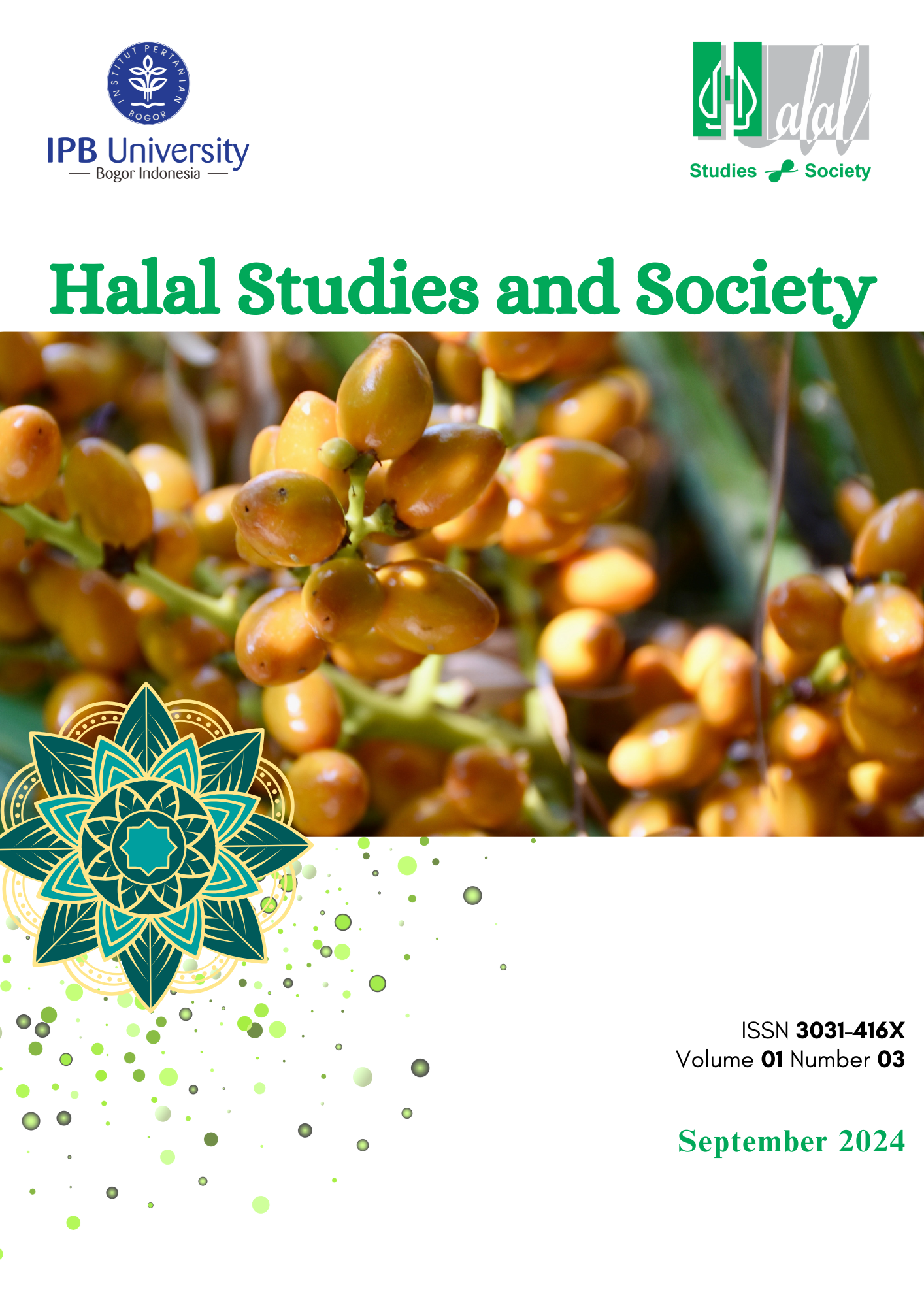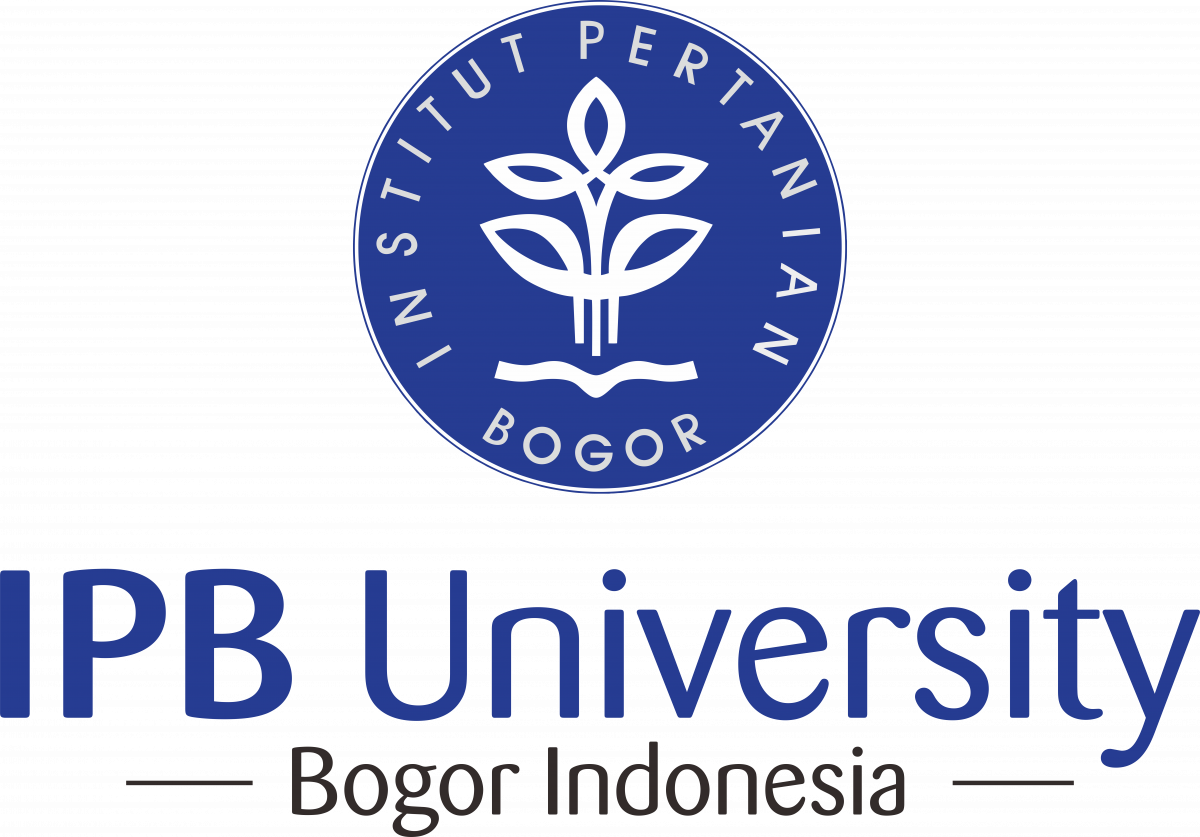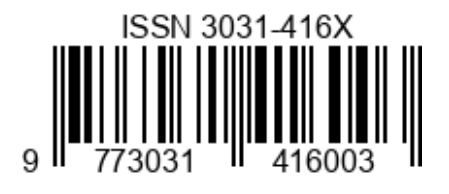Integrating green marketing with halal Principles: Impact on consumer behavior, market dynamics, and brand strategy
Abstract
This study aimed to thoroughly explore the manner in which green marketing can be incorporated alongside halal principles to influence consumer behavior, market dynamics, and brand positioning. Generally, green marketing emphasizes sustainability, transparency, innovation, and consumer engagement, while halal principles ensure compliance with Islamic Sharia standards. The convergence of these methods has been observed to typically address the increasing demand for products that are both environmentally and ethically compliant. For instance, brands such as Kiva and Zalal Foods have successfully adopted effective integration strategies to ensure the production of eco-friendly halal-certified products, which, in return, enhanced brand reputation and consumer trust. During the course of this study, challenges associated with the integration of green marketing and halal principles, including stricter material selection and dual certification processes, were also discussed. The results showed that integrating green marketing and halal principles led to the development of a unique value proposition, allowing brands to meet evolving consumer preferences and positioning each producer as a leader in sustainable and ethical markets. This integration was observed to be particularly essential for expanding market share, fostering brand loyalty, and addressing growing awareness of social and environmental responsibilities among global consumers.
References
Abdullah R, Sabar R, Mustafar M. Green halal supply chain in Malaysian halal food companies: A conceptual framework. International Journal of Supply Chain Management. 2018;7(5):502-510.
Azam MS E, Abdullah MA. Global halal industry: Realities and opportunities. IJIBE (International Journal of Islamic Business Ethics). 2020;5(1):47-59. https://doi.org/10.30659/ijibe.5.1.47-59
Calder R. Halalization: Religious product certification in secular markets. Sociological Theory. 2020;38(4):334-361. https://doi.org/10.1177/0735275120973248
Chuah SHW, El-Manstrly D, Tseng ML, Ramayah T. Sustaining customer engagement behavior through corporate social responsibility: The roles of environmental concern and green trust. Journal of Cleaner Production. 2020;262:121348. https://doi.org/10.1016/j.jclepro.2020.121348
Danciu V. The changing focus of green marketing: From ecological to sustainable marketing. Romanian Economic Journal. 2017;20(66):113-152.
Dangelico RM, Vocalelli D. Green marketing: An analysis of definitions, strategy steps, and tools through a systematic review of the literature. Journal of Cleaner Production. 2017;165:1263-1279. https://doi.org/10.1016/j.jclepro.2017.07.184
de Arruda Pollice FF, Scarcelli M. Purchasing and supply management journey into Unilever's circular economy strategy. In: A Systemic Transition to Circular Economy: Business and Technology Perspectives. Cham: Springer International Publishing; 2024. p.161-173. https://doi.org/10.1007/978-3-031-55036-2_8
Erhun F, Kraft T, Wijnsma S. Sustainable triple‐A supply chains. Production and Operations Management. 2021;30(3):644-655. https://doi.org/10.1111/poms.13306
Genovese A, Acquaye AA, Figueroa A, Koh SL. Sustainable supply chain management and the transition towards a circular economy: Evidence and some applications. Omega. 2017;66:344-357. https://doi.org/10.1016/j.omega.2015.05.015
Ibrahim I, Zawahair MDM, Shah BMM, Roszalli SB, Rani SFS A, Amer A. Halal sustainable supply chain model: A conceptual framework. Advances in Transportation and Logistics Research. 2018;1:488-503.
Islam MM, Ab Talib MS, Muhamad N. Challenges of halal standards and halal certification for Islamic marketing. Muslim Business and Economics Review. 2023;2(1):105-124. https://doi.org/10.56529/mber.v2i1.156
Jaafar HS, Abd Aziz ML, Ahmad MR, Faisol N. Creating innovation in achieving sustainability: Halal-friendly sustainable port. Sustainability. 2021;13(23):13339. https://doi.org/10.3390/su132313339
Khan MI, Haleem A. Understanding "halal" and "halal certification & accreditation system": A brief review. Saudi Journal of Business and Management Studies. 2016;1(1):32-42.
Meylinda S, Matondang RA. Strengthening of Islamic principles in the halal industry for sustainable development goals. Islamic Economics Methodology. 2023;2(1). https://doi.org/10.58968/iem.v2i1.187
Ottman J. The new rules of green marketing: Strategies, tools, and inspiration for sustainable branding. Routledge; 2017. https://doi.org/10.4324/9781351278683
Ramli MA, Abd Razak MA, Jaafar MH. Understanding non-Muslims' reluctance to halal food: A systematic review. Journal of Islamic Marketing. 2023;14(2):544-561. https://doi.org/10.1108/JIMA-05-2021-0134
Setiawan M, Widjojo R, Purnama Alamsyah D. Consumers' reasonings for intention to purchase natural personal care products in Indonesian market. Cogent Business & Management. 2024;11(1):2289205. https://doi.org/10.1080/23311975.2023.2289205
Supian K, Abdullah M, Ab Rashid N. Halal practices integrity and performance relationship: Are halal supply chain trust and commitment the missing links? International Journal of Supply Chain Management. 2019;8(6):1045-1054.
Taali M, Maduwinarti A. Green marketing. PT Sondpedia Publishing Indonesia; 2024.
Zaitseva N, Belostotskaya A, Churikova A, Fetisova Y, Novak K, Gareeva A, Polonsky Y, Postnova A, Sedinkina O, Bedirkhanova S. Responsible consumption: Space for new business opportunities and cases of Russian companies. SSRN. 2019. https://doi.org/10.2139/ssrn.3450503
Copyright (c) 2024 Nurul Fauzi, Nawal Husna, Hidayat Nur Alim, Nurul Hidayati, Rashdi M. Casim

This work is licensed under a Creative Commons Attribution-ShareAlike 4.0 International License.












